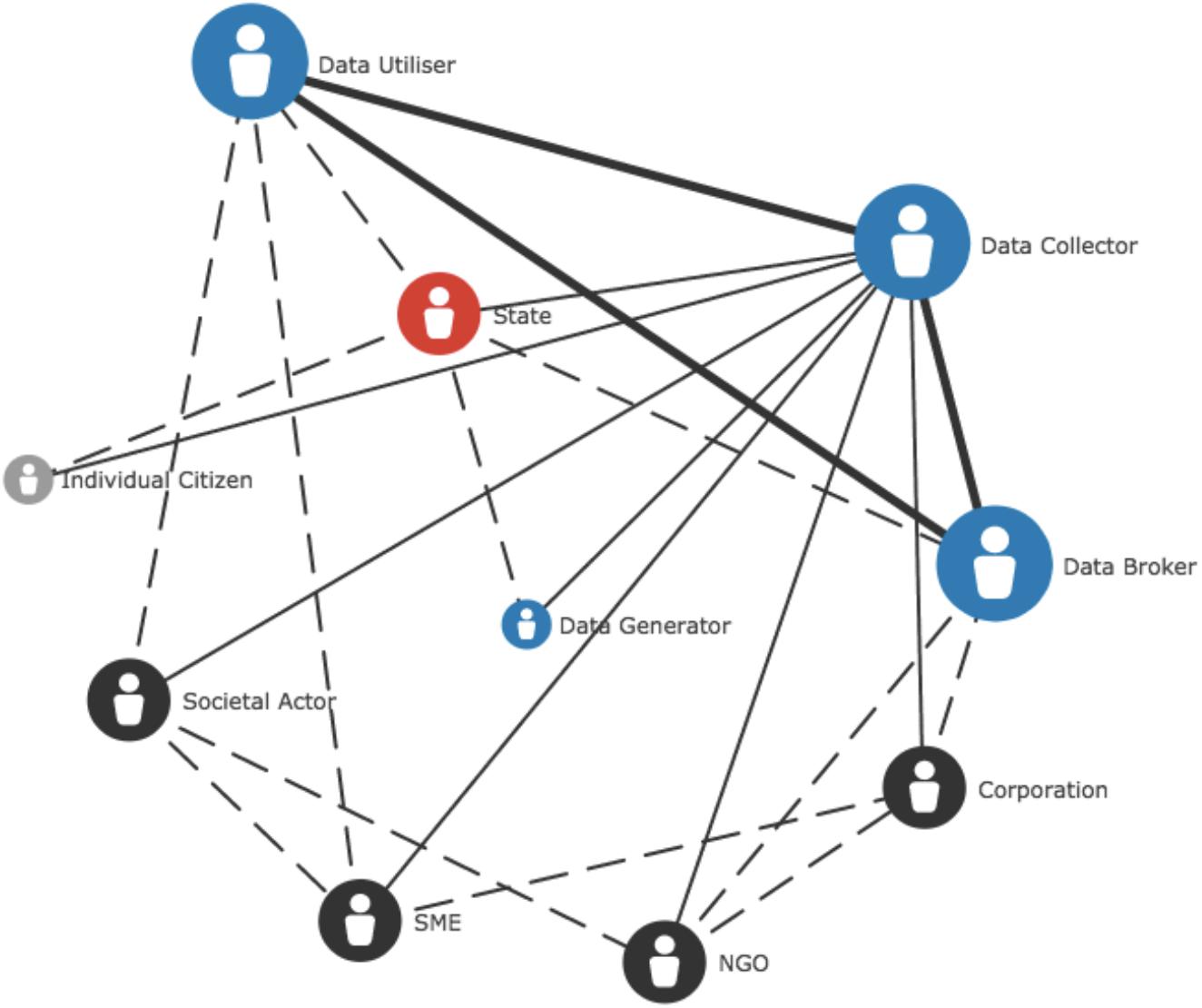The Future Of Blockchain In Decentralized Governance Systems
Decentralized governance systems are on the cusp of revolutionizing the way we make decisions and allocate resources. Blockchain technology is playing a pivotal role in this transformation, and its potential impact is vast. Imagine a world where decision-making power is distributed among stakeholders, rather than being controlled by a centralized authority. Where resources are allocated based on transparent, tamper-proof algorithms, rather than being subject to manipulation.

- Navigating The Ever-Changing Crypto Landscape With Stablecoins
- Blockchain Technology: Revolutionizing Data Privacy In The Digital Age
- Chainlink – Revolutionizing Smart Contracts
- The Rise Of Crypto Wallets: Protecting Your Digital Fortune
- Unlocking Transparency And Immutability Harnessing The Power Of Blockchain For Seamless Record Keeping
Blockchain’s decentralized consensus mechanisms are what make this vision a reality. By allowing multiple stakeholders to reach a shared agreement on the state of a network, blockchain technology enables trustworthy collaboration between parties who may not know or trust each other. This makes it an attractive solution for decentralized governance systems, where diverse stakeholders need to come together to make decisions.
One of the most promising applications of blockchain in decentralized governance is in the creation of decentralized autonomous organizations, or DAOs. A DAO is essentially a software program that runs on a blockchain and is governed by a set of rules that are defined by its users. By allowing anyone to create a DAO, blockchain technology is democratizing access to decision-making power.
DAOs have the potential to disrupt traditional governance models in multiple sectors, from politics to financial institutions. For example, in finance, a DAO could be used to create a decentralized hedge fund that is governed by a community of investors. This could potentially reduce the risk of hedge fund failures, by distributing decision-making power among multiple stakeholders.
Another area where blockchain is poised to have a significant impact is in the creation of decentralized identity systems. Traditional identity systems rely on centralized authorities to verify identities, which can lead to serious security vulnerabilities. Blockchain-based identity systems, on the other hand, allow individuals to control their own identity data, and verify it in a secure and decentralized manner.
In the context of decentralized governance, blockchain-based identity systems could be used to create secure voting systems that are transparent and tamper-proof. This could potentially increase participation in democratic processes, by making it easier for people to cast their votes.
As the technology continues to evolve, we can expect to see more innovative applications of blockchain in decentralized governance systems. From decentralized supply chain management to decentralized healthcare systems, the potential for disruption is vast.
While there are certainly challenges that need to be addressed, the potential benefits of blockchain in decentralized governance systems are undeniable. As more and more people begin to recognize the potential of this technology, we can expect to see significant investments in blockchain-based solutions.
Ultimately, the future of blockchain in decentralized governance systems is all about distributed decision-making power. By allowing multiple stakeholders to collaborate in a secure and transparent manner, blockchain technology is empowering individuals to take control of their own destiny. As we look to the future, one thing is clear: the revolution will be decentralized.
As pioneers of this innovative space, we must safeguard its infrastructure and institutions by adopting consistent, and sustainable ethical security approaches. Moreover, given the delicate dynamics at play, we must continuously test and reinforce all nodes for optimal adaptability of resilience to enhance resolute knowledge of the emerging digital realm and safeguard humanity’s unwavering ability for novel innovation.
